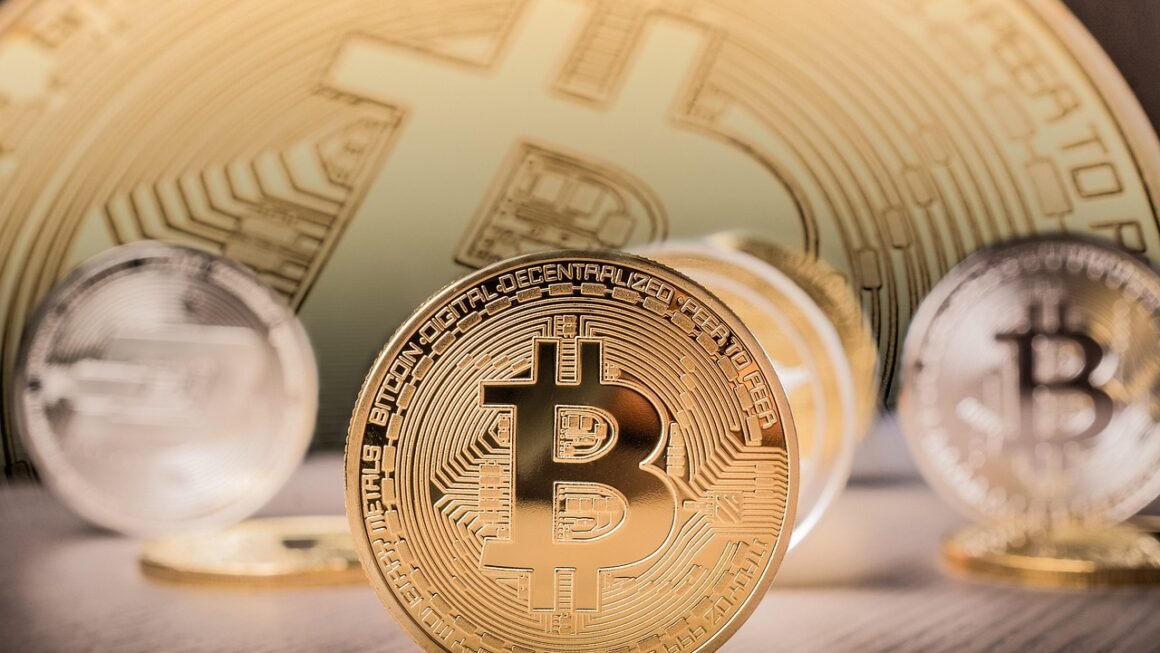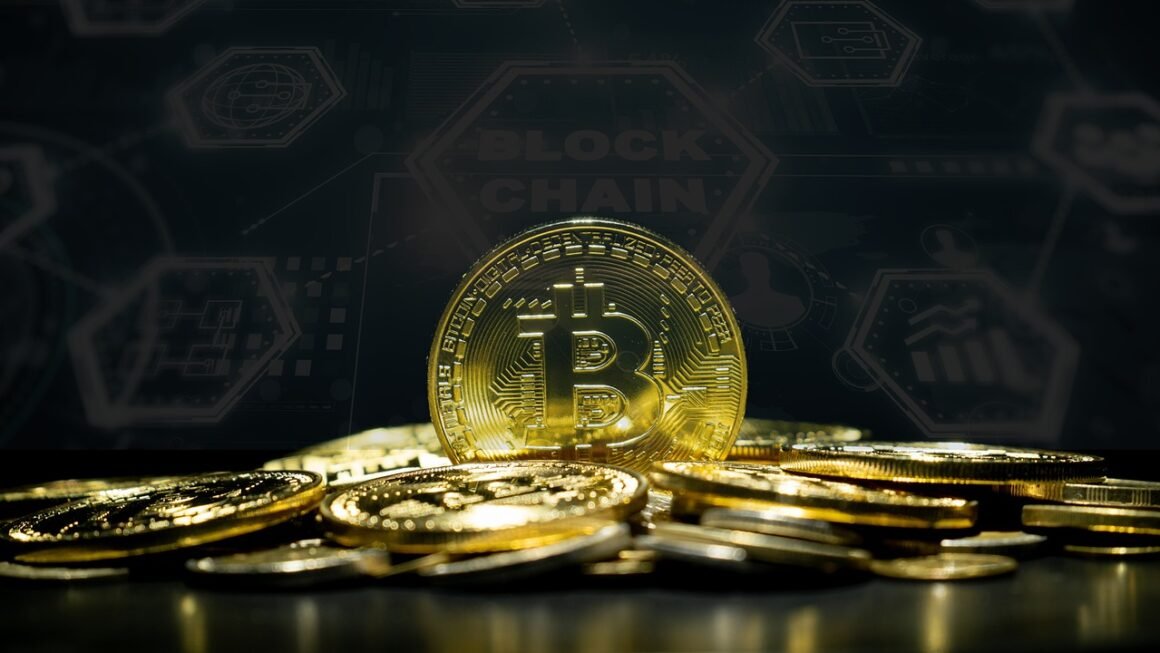Governance tokens are revolutionizing how decentralized platforms are managed, handing decision-making power to their users. Imagine a world where the community directly shapes the future of your favorite DeFi protocol or blockchain project. That’s the promise of governance tokens, and it’s reshaping the landscape of Web3. This article dives deep into the world of governance tokens, exploring their purpose, mechanics, benefits, and challenges.
Understanding Governance Tokens
What are Governance Tokens?
Governance tokens are a type of cryptocurrency that grants holders the right to participate in the decision-making processes of a blockchain project, decentralized application (dApp), or decentralized autonomous organization (DAO). Think of them as digital shares in a company, but instead of dividends, you get voting power.
- Governance tokens empower users to influence various aspects of a project, such as:
Protocol upgrades
Fee structures
Treasury management
Allocation of resources
Addition of new features
They embody the spirit of decentralization by distributing control away from a central authority and towards the community.
How do Governance Tokens Work?
The specific mechanics of governance vary from project to project, but the core principle remains the same: token holders can propose and vote on changes. Typically, a proposal is submitted, and governance token holders can then vote for or against it. The weight of their vote is usually proportional to the number of tokens they hold.
Here’s a general overview of the process:
Example: Consider a hypothetical DeFi lending protocol. Holders of its governance token might vote on whether to increase the collateralization ratio for a specific asset or add support for a new asset on the platform.
Practical Governance Models
Different projects employ diverse governance models to suit their needs. Here are a few common approaches:
- Direct Democracy: Every token holder has a direct say in every decision. This can be cumbersome for large communities but works well for smaller, focused projects.
- Delegated Governance: Token holders can delegate their voting power to other trusted community members (delegates). This allows experts or more active participants to represent the interests of less engaged token holders. This model is used by projects like Tezos.
- Liquid Democracy: A hybrid approach where token holders can either vote directly or delegate their vote to someone else. They retain the right to revoke their delegation and vote directly at any time.
Benefits of Governance Tokens
Increased Decentralization and Community Ownership
The primary benefit of governance tokens is the shift of power from centralized entities to the community. This fosters a greater sense of ownership and responsibility among users, leading to a more resilient and adaptable ecosystem.
- Increased participation: Encourages users to actively engage in the project’s future.
- Enhanced transparency: Governance processes are usually public and auditable on the blockchain.
- Reduced risk of manipulation: Distributes decision-making power, mitigating the risk of a single entity controlling the project.
Incentivized Participation and Long-Term Alignment
Governance tokens can align the incentives of token holders with the long-term success of the project. By participating in governance, users can directly influence the direction of the project, leading to a more sustainable and community-driven ecosystem.
- Token value appreciation: Active participation and good governance can enhance the value of the token, rewarding token holders.
- Direct influence: Token holders have a tangible impact on the future development of the project.
- Community building: Governance fosters a stronger sense of community and collaboration among users.
Adaptability and Innovation
Decentralized governance allows projects to adapt quickly to changing market conditions and user needs. The community can propose and vote on changes, fostering a more agile and innovative environment.
- Rapid iteration: Allows for quick adjustments based on community feedback and market trends.
- Experimentation: Encourages experimentation with new features and functionalities.
- Community-driven development: Leverages the collective intelligence of the community to identify and solve problems.
Challenges and Considerations
Low Voter Turnout
A significant challenge for many governance token projects is low voter turnout. Many token holders may be passive participants, failing to engage in the governance process, which can lead to decisions being made by a small, potentially unrepresentative group.
- Causes of low turnout:
Lack of awareness or understanding of governance proposals
Inconvenient voting processes
Small token holdings making voting seem inconsequential
Apathy or disinterest in the project’s governance
- Potential Solutions:
Simplifying the voting process
Providing clear and concise information about proposals
Incentivizing participation through rewards or recognition
“Whale” Domination
Projects need to address the potential for “whale” domination, where large token holders disproportionately influence voting outcomes. This can undermine the principles of decentralization and lead to decisions that benefit a few at the expense of the many.
- Potential Solutions:
Quadratic voting (where the cost of each additional vote increases)
Delegated governance (allowing smaller holders to delegate their votes to trusted representatives)
Time-weighted voting (giving more weight to votes cast by users who have held their tokens for longer)
Security Risks and Governance Attacks
Governance systems are vulnerable to attacks if not properly secured. Malicious actors could attempt to acquire a significant amount of governance tokens to manipulate voting outcomes or exploit vulnerabilities in the governance process.
- Potential Attacks:
51% attacks (controlling a majority of the voting power)
Sybil attacks (creating multiple fake identities to gain voting power)
Bribery attacks (offering incentives to token holders to vote in a certain way)
- Mitigation Strategies:
Implementing robust security measures to protect the governance system
Monitoring for suspicious activity
Educating token holders about the risks of governance attacks
Examples of Governance Tokens in Action
MakerDAO (MKR)
MakerDAO is a decentralized lending platform that issues the DAI stablecoin. MKR is its governance token, and MKR holders vote on critical parameters such as the stability fee (interest rate) for DAI and the types of collateral accepted on the platform.
- Impact: MKR holders have played a crucial role in stabilizing DAI and ensuring the platform’s resilience during market volatility.
Compound (COMP)
Compound is another popular DeFi lending protocol. COMP holders can propose and vote on changes to the protocol, including interest rate models, supported assets, and reserve factors.
- Impact: COMP holders have made numerous important decisions that have shaped the direction of Compound, making it one of the leading lending platforms in DeFi.
Uniswap (UNI)
Uniswap, a decentralized exchange, uses UNI as its governance token. UNI holders can vote on upgrades to the protocol, allocate UNI treasury funds, and control the Uniswap governance process itself.
- Impact: UNI holders have influenced the development of Uniswap v3 and have played a key role in the platform’s continued growth and innovation.
Legal and Regulatory Considerations
Regulatory Uncertainty
The legal and regulatory landscape surrounding governance tokens is still evolving. Regulators around the world are grappling with how to classify and regulate these digital assets. This uncertainty can create challenges for projects and token holders.
- Key Considerations:
Potential securities laws implications
Tax implications
Compliance with anti-money laundering (AML) regulations
Evolving Legal Frameworks
It’s crucial for projects and token holders to stay informed about the evolving legal frameworks in their jurisdictions. Seeking legal advice and engaging with regulators can help ensure compliance and mitigate risks.
- Best Practices:
Consult with legal experts specializing in digital assets
Stay up-to-date on regulatory developments
* Implement robust compliance policies
Conclusion
Governance tokens represent a powerful shift towards decentralized decision-making in the blockchain space. While challenges exist, the benefits of community ownership, incentivized participation, and adaptability make governance tokens a critical component of the Web3 revolution. By understanding the mechanics, benefits, and potential pitfalls of governance tokens, both project developers and token holders can contribute to building a more transparent, equitable, and community-driven future for blockchain technology. As the space matures, expect to see further innovation and refinement in governance models, leading to even more impactful and democratic systems.



